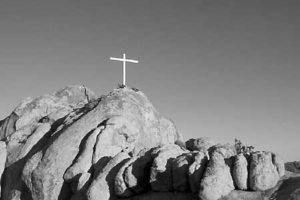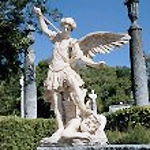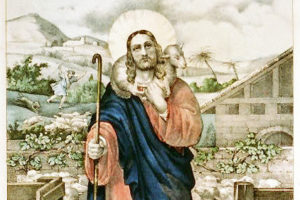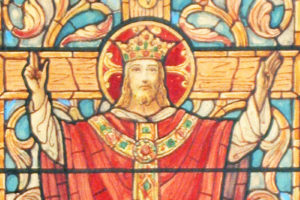“Let Us Approach the Lord With Praise and Thanksgiving” – Catholic Divine Office/ Liturgy of the Hours

[The Divine Office, or Liturgy of the Hours, begins the Liturgical Day with “A Call to Praise God” in the form of the Invitatory Psalm, usually Psalm 95, in stanzas, or strophes, interspersed with an antiphon. For Monday of Week III, such as Monday of the Twenty-Seventh Week of Ordinary Time, the antiphon is “Let Us Approach the Lord With
» Read more




